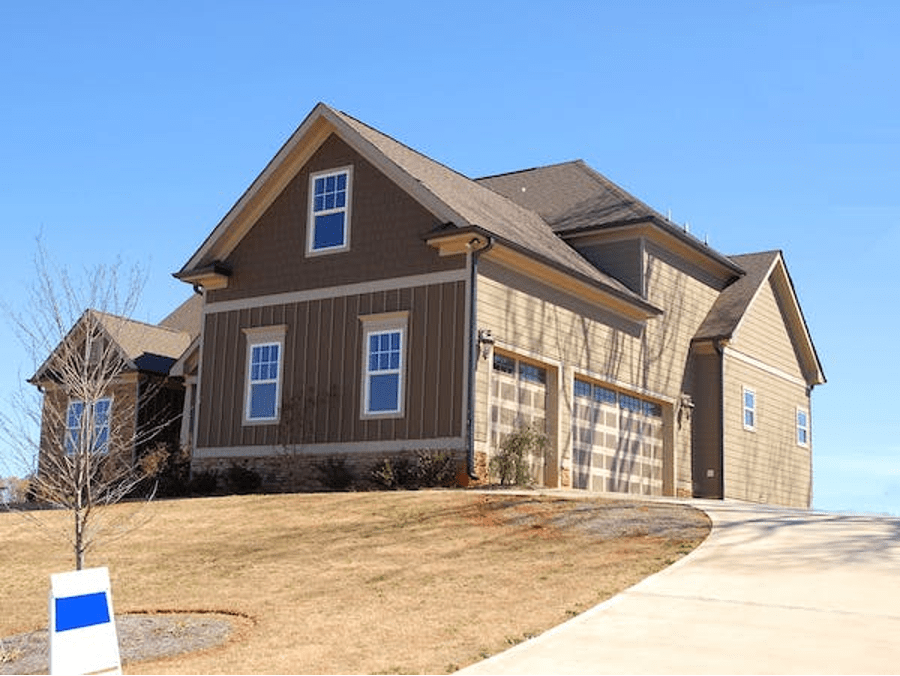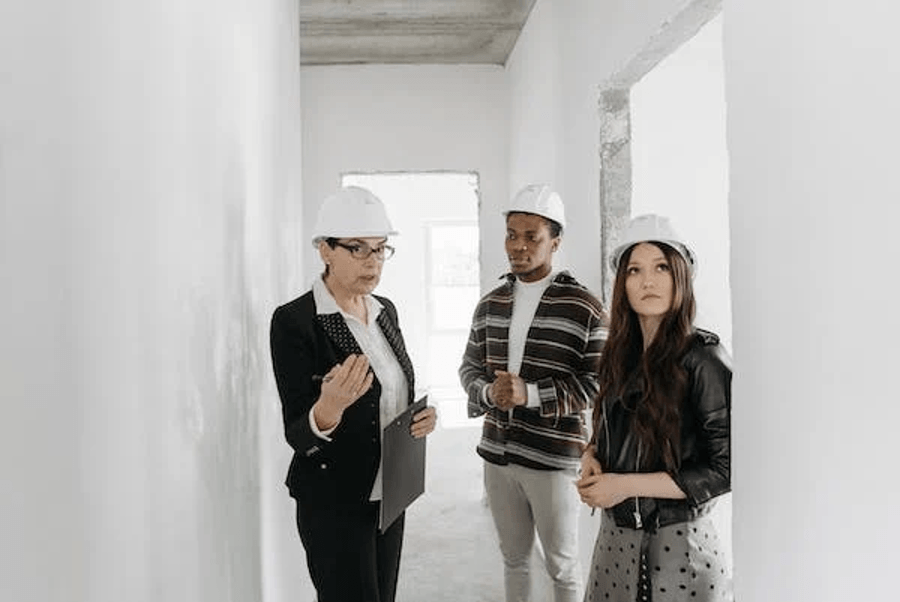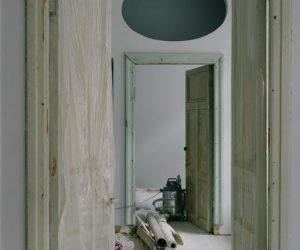
When it comes to buying your first property, there are many things that factor into getting the best financial deal possible. It is important to be diligent in researching and understanding all of the details involved in making a purchase, as well as familiarizing yourself with financing options so you can make an informed decision. Here are some tips on how to get a good financial deal when buying your first property.
1. First-Time Buyer Mortgage
Research the types of mortgages available to first-time buyers, such as low down payment or government-backed mortgages. These can often offer more attractive rates than traditional loans and may include incentives such as free closing costs or grants. For example, the UK first time buyer mortgage scheme enables people to purchase a property with just a 5% deposit. Additionally, many lenders offer discounts for first-time buyers, such as discounted fees or special rates. If you qualify, take advantage of these offers. Also, consider whether a fixed-rate or adjustable-rate mortgage is best for your needs.
2. Compare Prices And Options
Once you have identified the types of properties that fit your criteria, you should start to compare prices and options. You will likely find a range of different prices on similar properties within the same area. It’s important to do research and compare what each property has to offer before deciding which one is right for you. Look at factors such as size, features, and location when comparing properties, along with other variables like renovations or repairs that might be needed in order to bring a property up to standard. Make sure to also consider any potential costs associated with buying a property, such as closing costs, legal fees, and taxes.
3. Consider The Long-Term Costs
When it comes to buying a property, you should also factor in the long-term costs. These include insurance, maintenance, repairs, and other services such as pest control and garden care. You should also take into account any potential future changes in taxes or fees that could affect your finances if you choose to purchase a property. Be sure to calculate what these extra costs might be before committing to a purchase. Additionally, remember that when payments on a mortgage last longer than 25 years, the interest rate can be higher and this could add up over the course of time.
4. Find Out About Local Market Conditions
Before you commit to signing a contract, it is important to understand the local market conditions. Do some research on the condition of other properties in the neighborhood, any recent sales trends or changes in pricing, and whether there are likely to be future changes that could affect your property’s value. It may also pay to check with real estate agents about any new developments planned for your area that could have an impact on the value of your home.
5. Seek Help From An Expert
Buying a property is a complex process, and it may be beneficial to seek help from an expert who understands the market and can advise you on the best financial deal. An experienced real estate broker or mortgage lender can offer valuable advice that can save you money in the long run. They will also be able to provide guidance on loan products as well as negotiate better terms and rates with lenders. Additionally, your local housing authority may provide assistance such as grants for first-time buyers, so it pays to research what kind of incentives are available in your area.
6. Negotiate The Price Of The Property
Be prepared to haggle and negotiate until you get a price that fits your budget. You may also be able to negotiate on additional extras such as appliances, furniture, or legal fees. Make sure you know what the current market rate is for similar properties in the area so you have an idea of what is reasonable to offer. Additionally, if you are paying cash for the property, don’t be afraid to let the seller know that. This could help you get a better deal as sellers are often more willing to accept lower offers when they know the money won’t be tied up in financing.

Buying a property can be an overwhelming process, but with the right information and preparation, you can get a good financial deal. Make sure to research mortgage options and compare prices on similar properties in order to get the best deal for your budget. Additionally, understand potential long-term costs associated with owning a home and local market conditions that could affect the value of your property. With these tips, you should be able to find a great deal on your first home.



